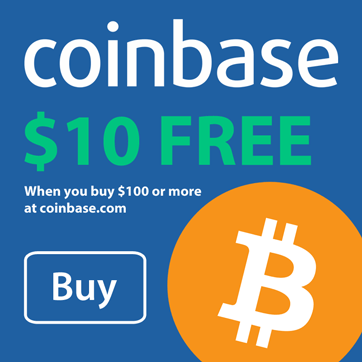Reciprocal links have two purposes: first, to give a web surfer a contextual link to a related page; and second, to aid and assist with search engine positioning (SEP) via page rank improvement.
A lot of a web page’s ranking in search engines is based upon how many incoming links they have. As search engines have gotten "smarter" they’ve narrowed this down to apply more weight to incoming links that are contextually relevant to the page to which they’re linking.
Think of it like this: if a web page talking about the proper way to practice making free-throws has a link to another article that talks about the various products on the market that help your free-throw practice time be more productive (like ball returns, ball stands, catch nets, etc.), then both page’s page rankings will be positively influenced by the link. Even better than the one-way link is a Link Exchange between the two pages; this means that the page about how to make free-throws would link to the page about products, and the page about products would like to the page about free-throws. Since both are relevant to each other, and both link to each other, the page ranks of both are increased. On the other hand, a web surfer (not a search engine’s spiderbot) will have a real-time, relevant link to another page or product that is directly related to what he/she is reading. Both are good things (the latter is probably more important, but your mileage may vary).
That brings us to the best way to go about link building. Link Building is pretty much what it sounds like: building links fro your pages to contextually relevant other pages. You can (and should) do this for pages within your control (for pages on the same domain, as well as pages on other sites that you manage) and for pages that are out there in the ether of the internet.
That’s where the tricky part comes in. First you’ve got to find contextually relevant pages. You want them to be high quality pages (at least as high quality as yours are). Then you need to find out who has control over those pages (the webmaster, web developer, sales manager, etc.), and contact him or her with your request to exchange links.
Most times that’s the hard part. Finding people who are willing to go to that length and are willing to cross-link with you can be difficult. To help with that you can hire a company (or person) and Buy Text Links from them. This can be done either through an automated process (via a client-side or server-side script, for example), or manually.
It has been reported that Google may be beginning to reduce the relevancy of paid links (or not count them at all), and all that hard work may be for naught, but the true effects of this on SEP remain to be seen. The other case of presenting a link to your page to viewers on another page, however, still remains an effective tool for drawing in a greater (yet still qualified/relevant) audience.





great blog post thank you for this information. link exchange is alive and well! all you have to do is stay in control of who you link to and watch the rate at which you obtain links (no more than a few dozen a month). we have been exchanging links for over five years and our rankings are more solid than ever before.
@Karen,
I haven’t been active with link exchanging all that much, I just know it’s benefits… part of me says that I should be actively pursuing link building, but another part says “focus on the content of the post and others should find the article during their research and link to you anyway”…
That opinion is probably valid for hobbiest bloggers (like me) but the opposite for business blogs and for professional bloggers… what are your thoughts?
– http://www.JoeLevi.com